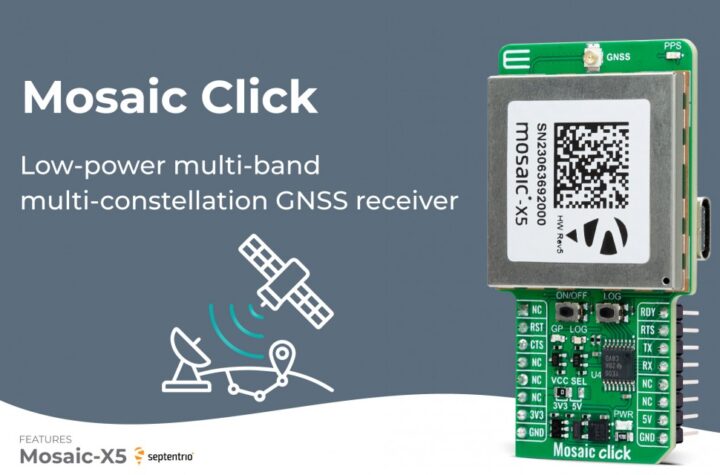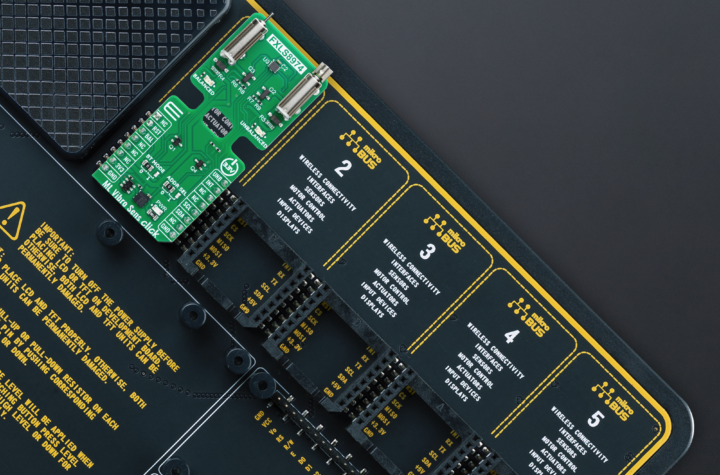
Delphi and Ford are launching the industry’s first multimode electronically scanning radar (ESR) in the 2010 Ford Taurus, the family sedan segment’s first vehicle to offer an advanced forward collision warning system enabled by the technologically advanced ESR.
Delphi’s multimode electronically scanning radar is helping Ford to offer an affordable adaptive cruise control system that features collision warning with brake support.
The Adaptive Cruise Control (ACC) system launches in summer 2009 on the 2010 Ford Taurus, Lincoln MKS luxury sedan and Lincoln MKT full-size luxury crossover. The radar uses proven solid state technology with no moving parts and class-leading performance, packaging and durability to help Ford offer consumers an adaptive cruise control system that not only enhances safety and convenience but is affordable to more buyers.
“Ford is pioneering the next frontier of safety, ‘active’ safety technology that helps avoid crashes, as is evident in the new Taurus, MKS and MKT,” said Beth Schwarting, general director Delphi Safety Systems Product Business Unit. “This innovative Delphi technology helps Ford address real-world challenges with one of our most innovative products, our electronically scanning radar.” The system warns drivers of a potential collision with an audible alert and pre-charges the brakes so that they react more quickly when the driver engages them.
One of the primary challenges in the design of Delphi’s ESR was to combine a wide field of view at mid range with long-range coverage.
The ESR provides two measurement modes simultaneously: mid-range that projects 60 meters and provides a 90-degree field of view and long-range that extends 174 meters and provides a 20-degree field of view ahead of the vehicle. Wide, mid-range coverage not only allows vehicles cutting in from adjacent lanes to be detected but also identifies vehicles and pedestrians across the width of the equipped vehicle, while long-range coverage provides accurate range and speed data with effective object discrimination required to identify up to 64 targets in the vehicle’s path.
Earlier ACC solutions used multiple-beam radars with mechanical scanning or several fixed, overlapping beams to attain the required view. Electronically scanning radar provides improved performance because there are no moving parts as there are with mechanically scanning radars. In addition, the complete radar module, including electronics and mounting features, is just 173.7 x 90.2 x 49.2 millimeters. This compact package makes it easier to position the sensor on the vehicle without compromising the vehicle’s styling.
“Delphi works with customers early in the development of their vehicles to seamlessly integrate our safety systems,” said Michael Thoeny, director of North American engineering for Delphi’s Safety Systems Product Business Unit. “Our electronically scanning radar combines exceptional performance with durability. This, coupled with our cutting-edge ESR technology, gives Ford a competitive advantage and allows them to provide their customers with a much desired technology.” According to the results of a recent MSN Cars survey, adaptive cruise control is one of two technologies that drivers would most like to have on their next vehicle. “We recognize the importance of consumer safety and with our electronically scanning radar, we are able to align customer desires with safety technologies at an attractive price,” added Thoeny.
Delphi is a leading global supplier of mobile electronics and transportation systems, including safety, powertrain, steering, thermal, controls & security systems, electrical/electronic architecture, and in-car entertainment technologies.
For more information about Delphi safety products, visit www.delphi.com/4safe















More Stories
AVL ThermalLab™ brings dynamic road VTMS conditions to the laboratory
Sika – where battery storage technology for EVs, wind and solar meet
Driving Change with Circular Aluminum: Hydro’s Role in the Automotive Future